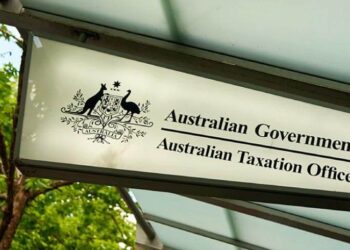The case involved the firm Smithson and Baye, whose licence was cancelled by ASIC in 2015 as part of its investigation into a series of companies encouraging consumers to establish an SMSF to invest in property in Queensland.
ASIC found Smithson and Baye had been arranging additional loans for customers of related companies Heritage Financial Solutions and Sunpac Finance on terms beyond which mainstream banks would lend so that the customers could invest in property through SMSFs.
The Federal Court allowed an appeal on the licence cancellation in late 2018, leading to the recent case before the AAT in which Smithson and Baye argued that the previous director of the company, Ricardo Viana, was no longer in control of the company’s affairs.
In addition, the firm said the cancellation, which the Federal Court had determined to have been made without “adequate reasons”, had led to the “undesirable result” of neither Smithson and Baye nor the borrowers being able to enforce the terms of the loan agreements previously entered into.
Further, the firm argued there was “no justification for the borrowers receiving a windfall” from the cancellation of the firm’s credit licence.
However, the individual Smithson and Baye had suggested to take Mr Viana’s place as director of the firm, Mr Wynd, had also been recently banned by ASIC from engaging in credit activities as a result of unrelated proceedings related to another company.
In addition, the AAT found in its decision that it would be equally unfair for Smithson and Baye to receive a windfall gain from the enforcement of the loan terms, given that the loans had expired since the cancellation of the group’s licence in 2015 and interest had likely been compounding in that time.
“While I accept the strength of the applicant’s argument that it is generally undesirable to simply cancel a credit licence and thereby put an end to the rights and obligations of the parties under their loan agreements, with the likely delivery of a windfall to the borrowers, I am not satisfied in this case that an exemption can be granted which will not have the opposite effect,” AAT deputy president Ian Molloy said.
As a result, the tribunal upheld ASIC’s decision to cancel the credit licence of the firm.


